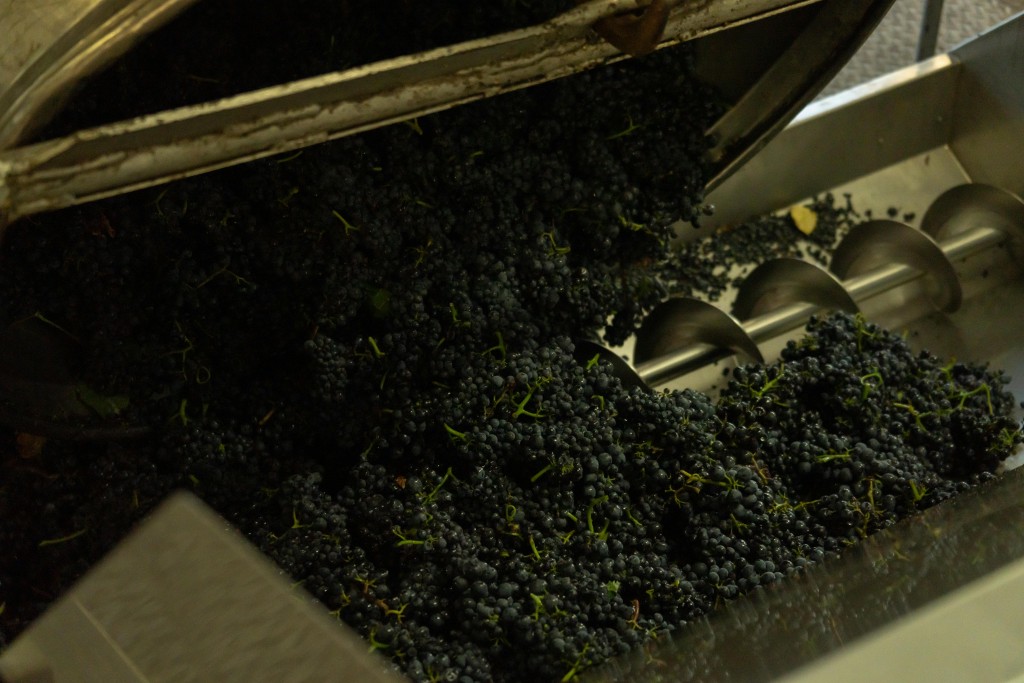25/09/2024
URV researchers develop a system to transform carbon dioxide from wine fermentation into methane for vineyard Use
The research by the Department of Chemical Engineering at URV is part of a European project to establish sustainable value chains and produce new renewable fuels

The research by the Department of Chemical Engineering at URV is part of a European project to establish sustainable value chains and produce new renewable fuels
Nine research groups from various institutions and European research centres are participating in the international Fuelphoria project, which aims to produce renewable fuels through the creation of sustainable value chains. One of the investigations, led by the META research group (Materials Engineering and Their Applications) from the Department of Chemical Engineering at the Universitat Rovira i Virgili (URV), is developing a system to transform carbon dioxide (CO2) released during wine fermentation into methane that can be reused within the vineyard itself.
The URV researchers are collaborating with Zaragoza’s CIRCE technology centre and Viñas del Vero, a winery in Somontano where the project is being implemented. According to Francesc Medina, the URV professor coordinating the project, the first step is to capture the CO2 produced during wine fermentation, a task carried out by CIRCE. “From there, green hydrogen is produced within the Viñas del Vero facilities so that, when it reacts with CO2 through a catalytic process, methane is obtained,” Medina explains. This methane, derived from captured CO2 that would otherwise be released into the atmosphere and from renewable hydrogen, can then be used as fuel to power winery machinery or for distillation processes. The URV research group is currently working on a pilot plant for methane production to be installed at the winery, aiming to make the catalyst as efficient as possible.
This approach represents a fully sustainable value chain developed entirely within the same facilities, from the production of fuel using raw materials to its final application. The research groups participating in the Fuelphoria project aim to produce different types of renewable fuels (methane, methanol, biodiesel, kerosene, etc.) from various raw materials and processes, both chemical and biological. Participants meet periodically to exchange experiences, address challenges, and tackle technical issues.
Each project team must design its own pilot plant and compile a final report detailing the processes and providing recommendations to overcome technical difficulties associated with converting raw materials into renewable fuels. The teams will also prepare for market introduction by designing innovative business models.
The Fuelphoria project aligns with the objectives of the REPowerEU Plan (2022) to expand renewable energy, achieve electrification, and replace the use of fossil fuels in industry, buildings, and transportation. Scheduled to conclude in September 2027, the project is funded by the European Union’s Horizon Europe research and innovation program. Its ultimate goal is to contribute to the sustainable energy transition within the EU.
